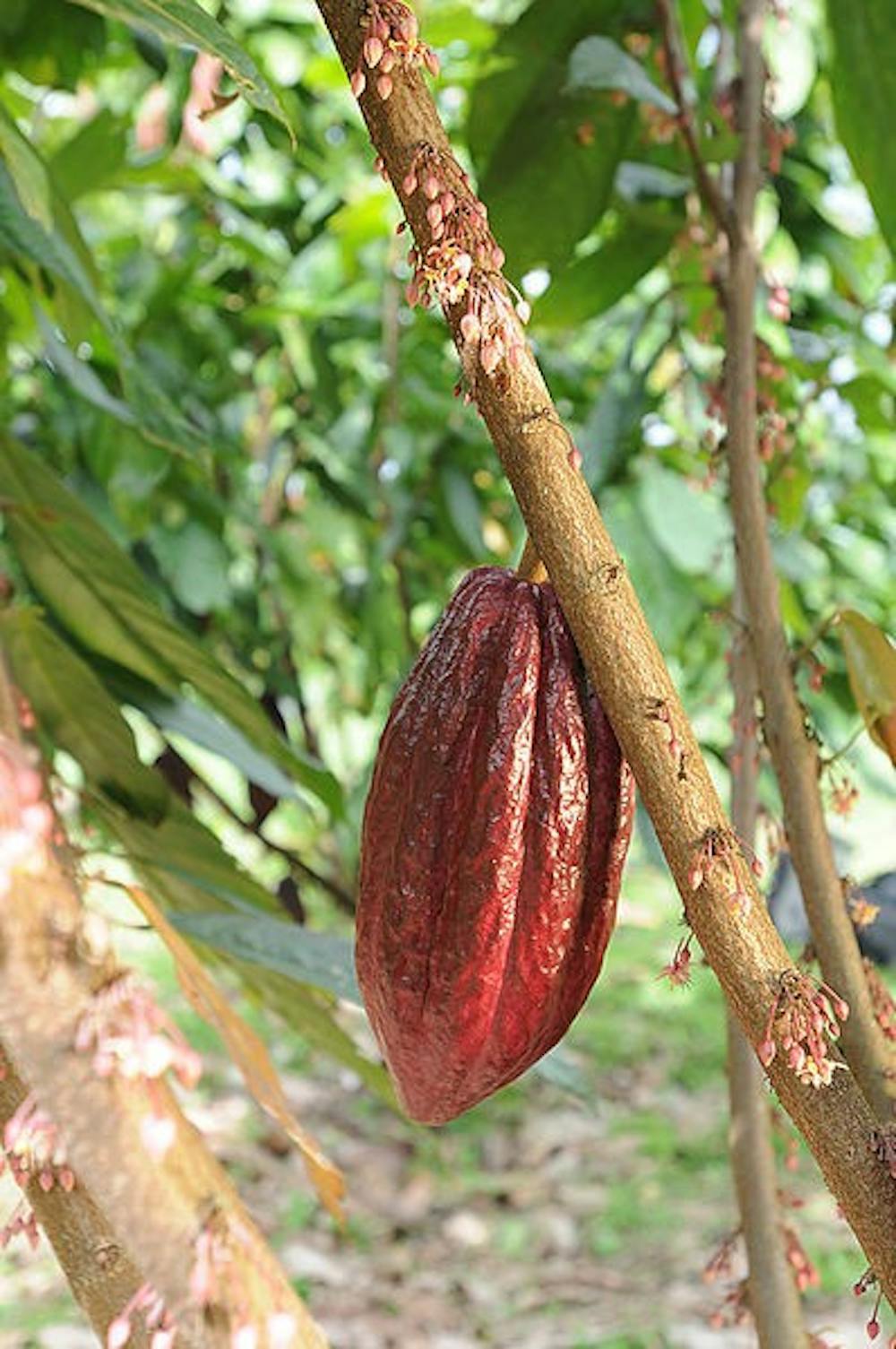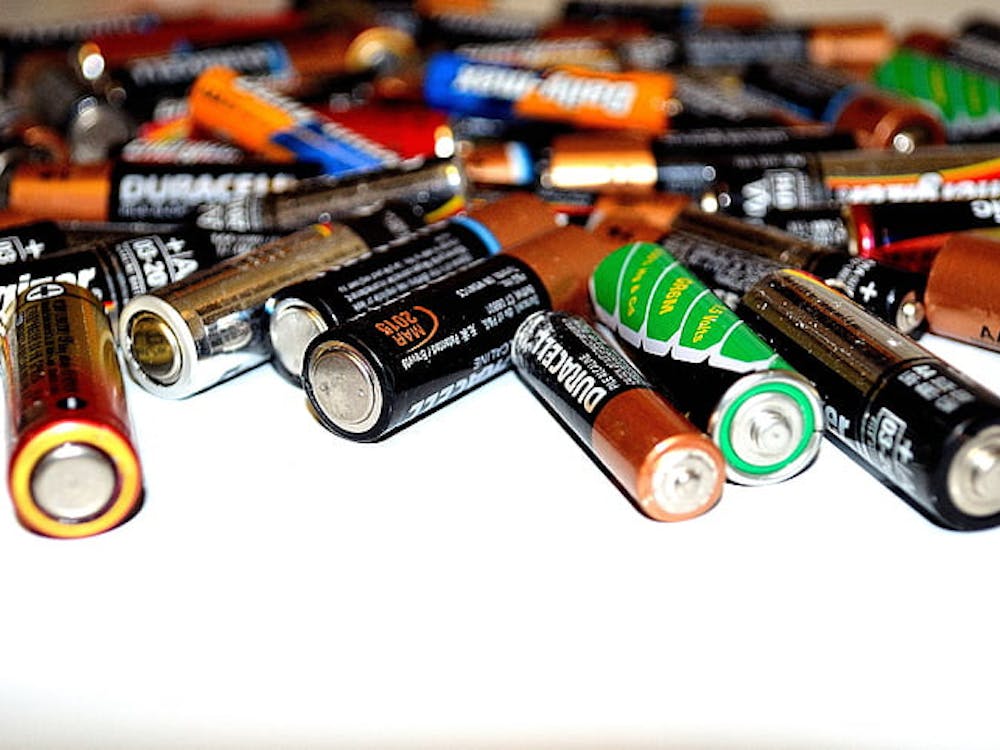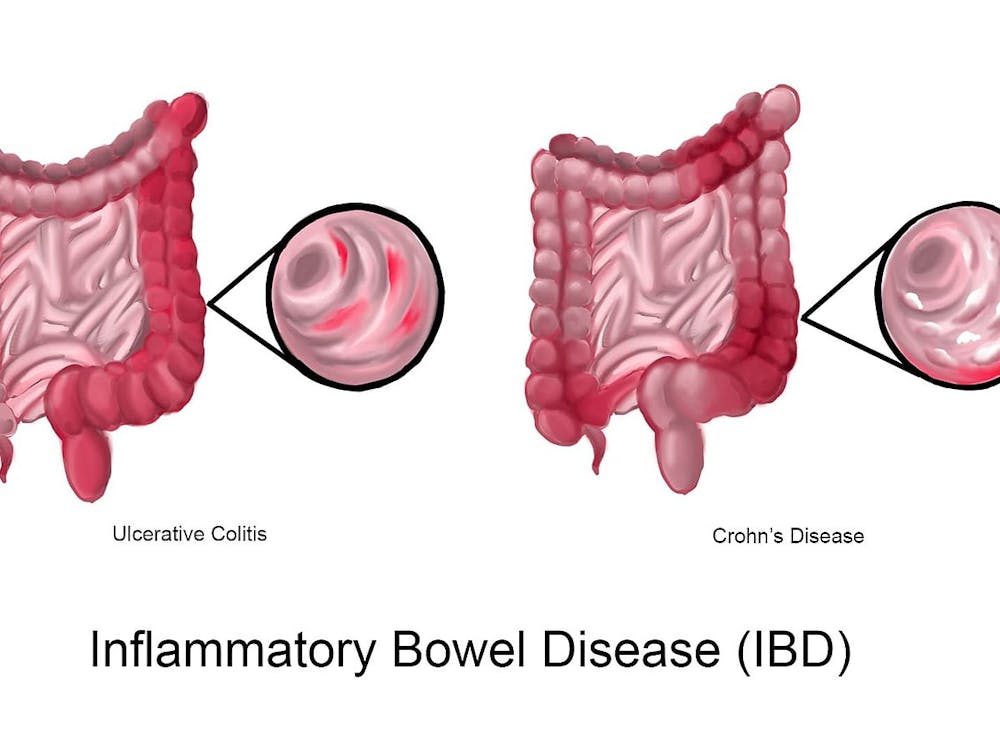Diabetics are commonly told to avoid candy and other sugary foods. In fact, most diabetics are put on a strict diet and closely monitor their sugar intake by taking glucose tests multiple times a day.
Recently, however, a group of Brigham Young University (BYU) and Virginia Tech researchers have discovered that eating chocolate may be helpful in preventing and treating diabetes.
Diabetes is a disease characterized by the body’s inability to respond to elevated levels of glucose in the blood and urine.
The disease is specifically associated with the hormone insulin, created by the pancreas. This hormone allows the body to use sugar from the food one consumes for energy and to store sugar for future use.
If insulin sensitivity is impaired, a person may suffer from hyperglycemia (blood sugar levels that are higher than normal). Symptoms associated with hyperglycemia include increased thirst and need to urinate.
While eating chocolate to treat diabetes seems counterintuitive, there is scientific reasoning behind the claim.
Namely certain compounds found in cocoa can help the human body respond to increased blood glucose by releasing more insulin.
The experiment done at Virginia Tech to prove this claim consisted of researchers feeding cocoa compounds to different animals.
The animals were fed a restricted high-fat diet. What researchers found was that the compound decreased obesity in these animals and even helped to moderate blood glucose levels.
After this initial association was found, a group of researchers at BYU under the direction of Jeffery Tessem, assistant professor of nutrition, dietetics and food science at BYU, attempted to find out what was happening on a molecular level. This group was the first to be able to find the exact molecule in chocolate that combats diabetics.
They focused on beta cells — cells of the pancreas that create insulin. The researchers found that compounds named epicatechin that are found in cocoa help to enhance the beta cells’ ability to create insulin.
The study was published in the Journal of Nutritional Biochemistry.
“What happens is [epicatechin is] protecting the cells, it’s increasing their ability to deal with oxidative stress,” Tessem said, according to ScienceDaily. “The epicatechin monomers are making the mitochondria in the beta cells stronger, which produces more ATP (a cell’s energy source), which then results in more insulin being released.”
Previous studies have also shown that dark chocolate can help to reduce the oxidative stress caused by chronic diabetes.
Typically the high sugar levels of diabetics cause the sugar to act as a toxin on nerve cells, increasing the amount of substances called free radicals.
Free radicals can cause oxidative stress. Dark chocolate is rich in antioxidants and can prevent cell damage.
Furthermore, it has been found that dark chocolate can reduce LDL (bad cholesterol) levels and increase HDL (good cholesterol) levels.
The authors of the study hope that the findings will help physicians and scientists use compounds in cocoa to maintain normal glucose levels and to delay and prevent the onset of type-2 diabetes.
However, for now, Tessem warns diabetics and pre-diabetics to avoid consuming sugar-rich chocolate bars.
“You probably have to eat a lot of cocoa, and you probably don’t want it to have a lot of sugar in it,” said Tessem, according to ScienceDaily. “It’s the compound in cocoa you’re after.”





